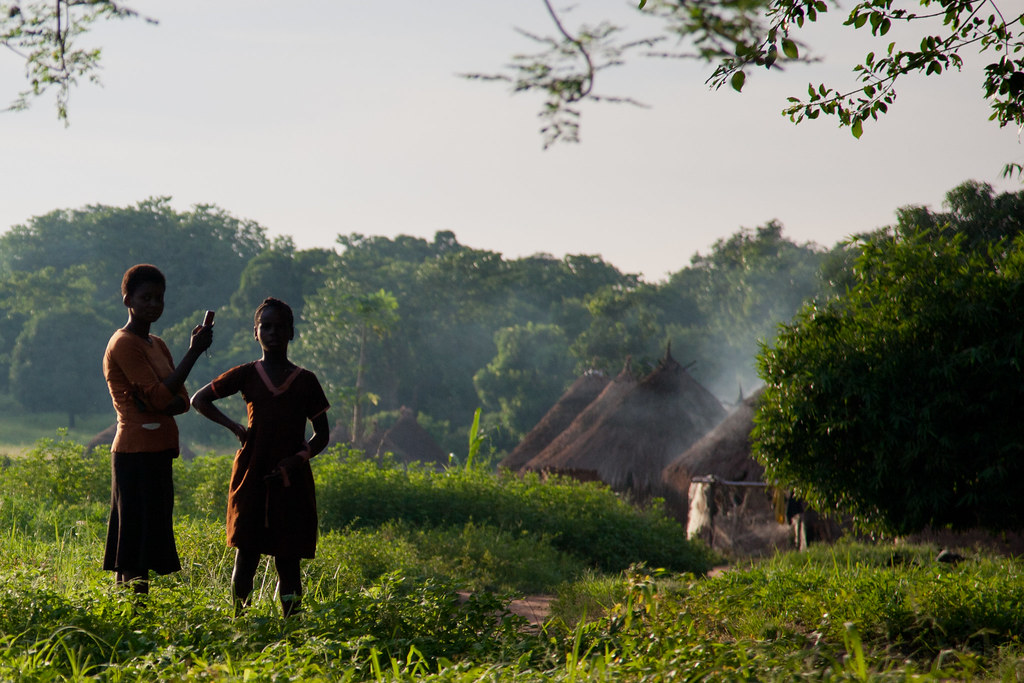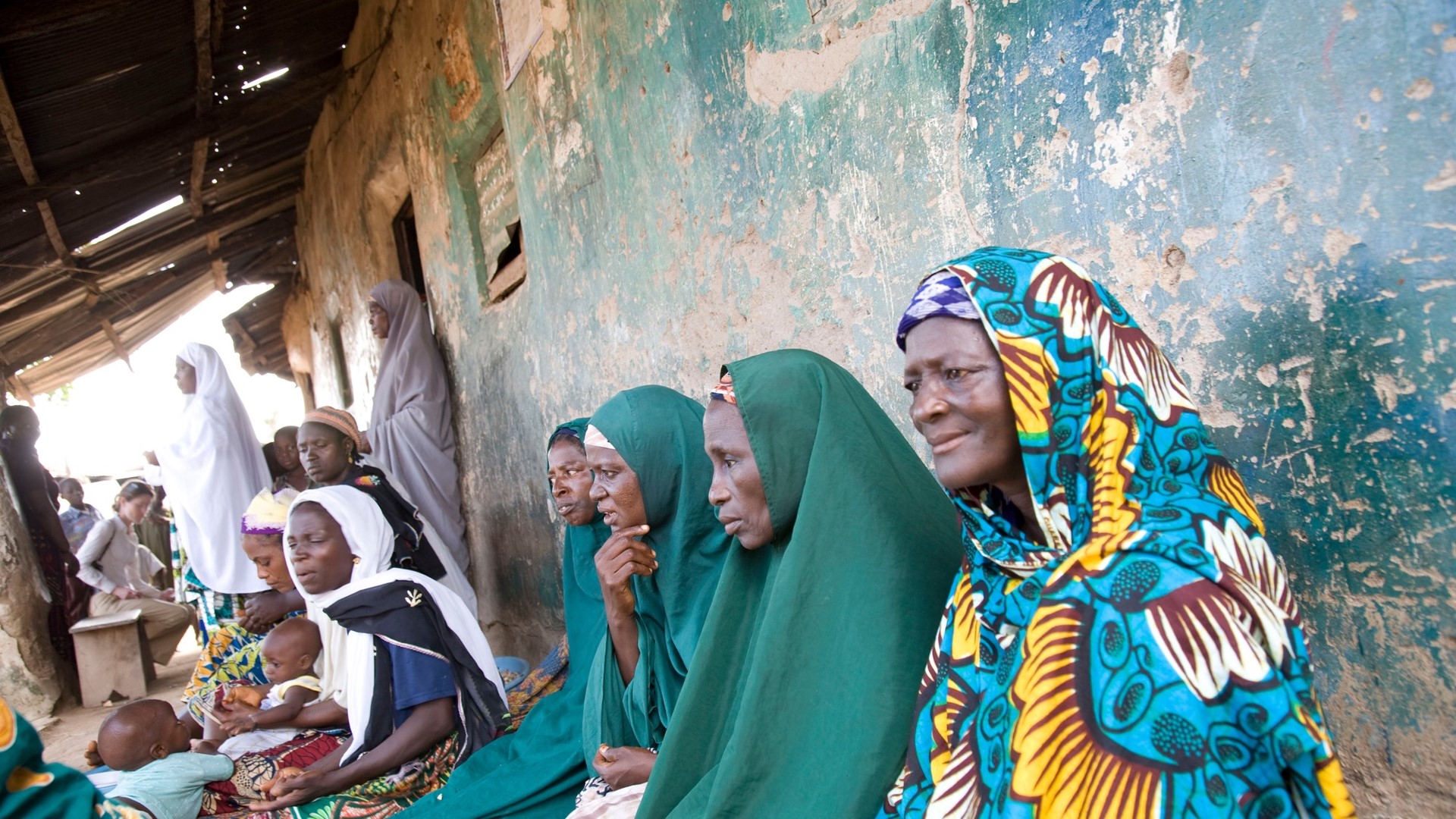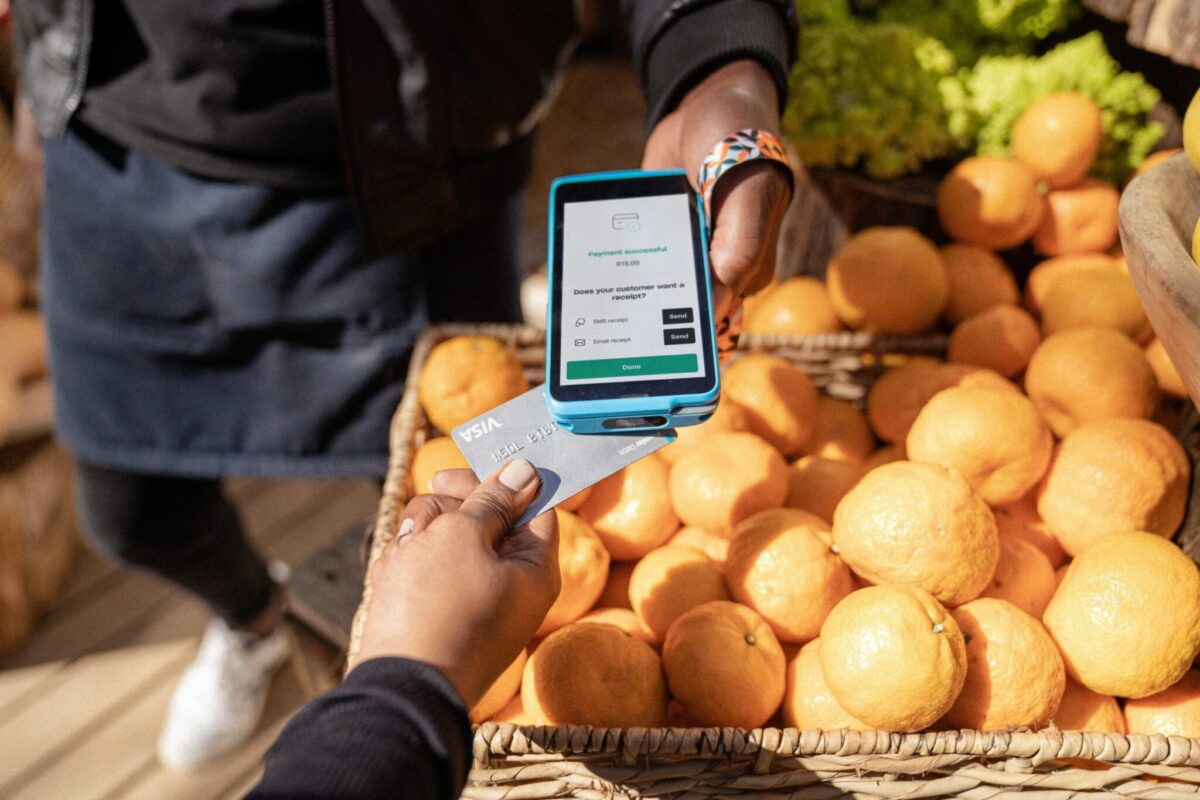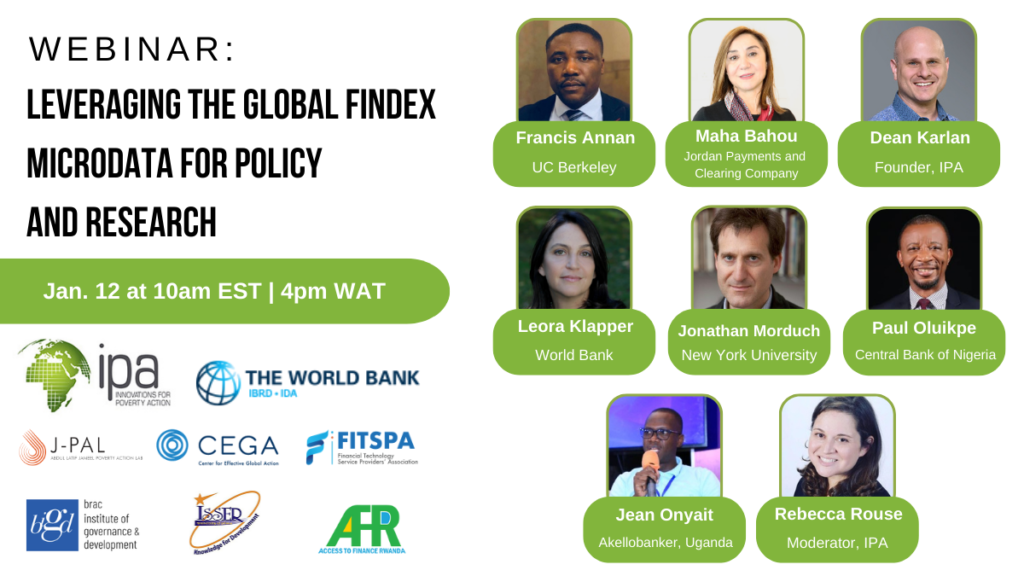Welfare Impacts of Digital Credit: Results from a Randomized Evaluation in Nigeria

On September 8th, CEGA’s Digital Credit Observatory (DCO) hosted Welfare Impacts of Digital Credit: Results from a Randomized Evaluation in Nigeria as part of the DCO Webinar Series. Researchers Joshua Blumenstock (UC Berkeley; DCO Scientific Director), Daniel Björkegren (Brown), and Suraj Nair (UC Berkeley) presented new evidence from their DCO-funded study, “Welfare-centric Credit Scoring in Nigeria.”
Digital loans have exploded in popularity across low- and middle-income countries, providing short-term, high interest credit via mobile phones. What are the impacts of a digital loan on borrowers’ financial welfare, ability to cope with shocks, women’s empowerment, and mental health outcomes?
A randomized evaluation of a digital loan product in Nigeria randomly selected a subset of applicants to auto-approve their loans (irrespective of their credit score), and others were randomly offered larger loans than they would have otherwise received. The researchers find that this increase in access to digital loans improves subjective well-being, but does not significantly impact other measures of welfare. The study rules out large short-term impacts — both positive and negative — on income and expenditures, resilience, and women’s economic empowerment.
In ongoing work, the research team is investigating how new data and algorithms can better balance benefits to borrowers as well as the profit-related objectives of financial institutions that lend to them. Using the welfare metrics collected from respondents to evaluate impacts, the researchers plan to leverage recent advances in machine learning –which make it possible to predict who will benefit from a decision and how– to design “welfare-centric” credit scores. This theoretical work of designing and testing the algorithms will allow the research team to better understand how lending decisions can balance the predicted (i) economic welfare benefits, (ii) women’s empowerment, and (iii) lender profits. They plan to test these “welfare-sensitive” machine learning methods in real-world digital credit settings, using information available to the lender at the point of lending to assess the feasibility of developing a predicted welfare score for each borrower as an input into credit scoring models.
CEGA’s Digital Credit Observatory (DCO) was designed to support a coordinated portfolio of rigorous research on the impacts—both positive and negative—of digital credit products in emerging markets, and the effectiveness of related consumer protection measures. Since 2016, we’ve funded sixteen unique studies in ten different countries with support from the Bill & Melinda Gates Foundation, focusing on a range of topics related to digital credit and digital financial services. See our past webinars, and newsletters with updates from our DCO community of partners.




